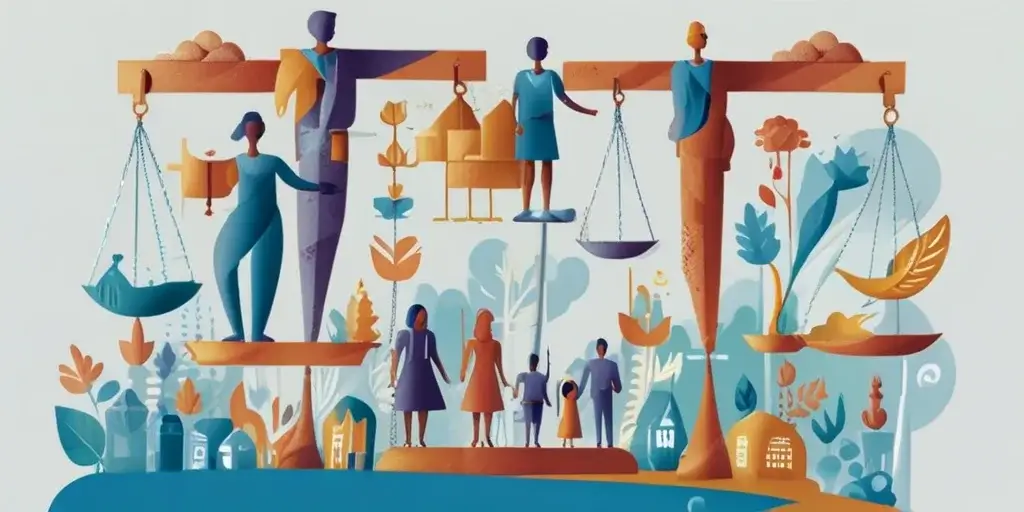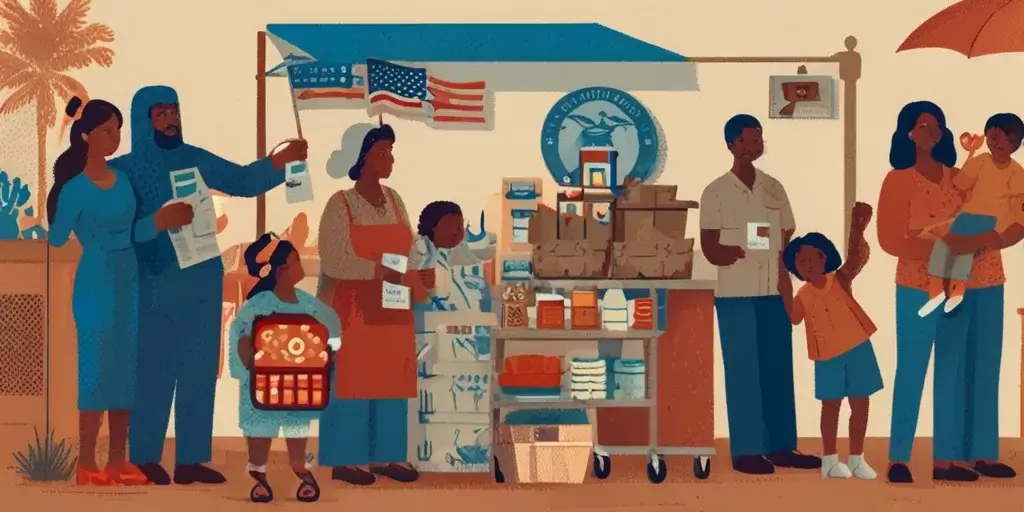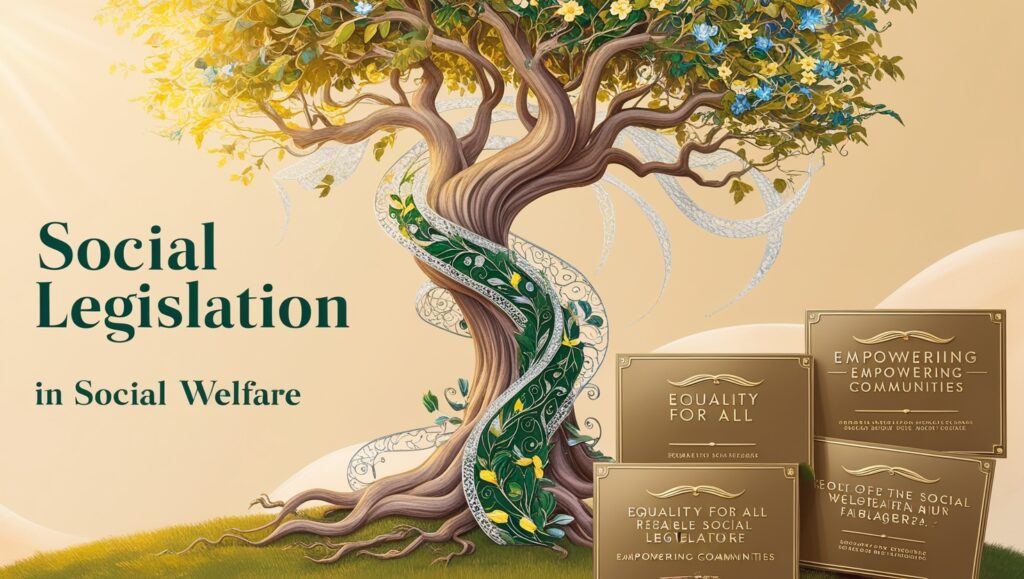The role of social legislation in society is vital for shaping social welfare and development, as it establishes frameworks, rights, and responsibilities. These laws aim to tackle a range of societal concerns, safeguard those at risk, and enhance the overall welfare of individuals. By implementing social legislation, governments strive to establish a fair and balanced society where the fundamental needs of every individual are fulfilled.
Social Welfare Programs
The social welfare system comprises two primary categories of programs.
Social Insurance Programs
Certain programs, such as social security, Medicare, unemployment, insurance, and workers’ compensation are collectively known as social insurance programs. These programs aim to safeguard individuals from difficulties that may arise from factors like old age, unemployment, or injury. Since individuals who receive benefits from these programs typically have made contributions through payroll taxes while they were employed, these social insurance programs are commonly regarded as well-deserved rewards for their hard work.

Welfare System
The welfare system offers government support to individuals who are already facing financial hardship. These programs have specific income limits and encompass Medicare, Supplemental Security insurance, the Food Stamp Program, and assistance to families with dependent children.
Social Welfare: Role of Social Legislation
Social legislation plays significant role in the social welfare and development which is discussed as under;
Protection of Vulnerable Groups
Legislation is in place to protect the rights and well-being of vulnerable populations such as children, women, the elderly, and individuals with disabilities. It establishes regulations against child labor, prioritizes workplace safety, and enforces minimum wage standards.
Promotion of Equality
Legislation aimed at fostering social equality strives to create a level playing field and eradicate prejudice based on various factors such as gender, race, religion, or caste. By empowering marginalized communities, we can create a more inclusive society.

Safety Nets
Programs such as unemployment benefits and pensions offer a safety net for individuals and families experiencing financial difficulties. This helps to alleviate poverty and foster economic stability.
Improved Living Standards
Legislation regarding minimum wages, housing standards, and healthcare access are in place to guarantee a fundamental standard of living for all individuals. This helps improve health outcomes and enhances overall quality of life.

Education for All
Legislation supporting free and compulsory education empowers individuals and unleashes their potential. This promotes upward mobility and disrupts the cycle of poverty.
Promoting Public Health
Legislation regarding food safety, sanitation, and pollution control plays a crucial role in protecting public health. It plays a crucial role in maintaining clean air, water, and food, which in turn helps to prevent diseases.
Labor Rights
Legislation in the social sector ensures that working conditions are fair, working hours are regulated, and workers are protected from exploitation. This contributes to the advancement of a healthy work environment and a highly efficient labor force.

Environmental Protection
Protecting natural resources and mitigating pollution are crucial for promoting sustainable development. Ensuring the well-being of our planet for future generations.
Promoting Social Justice
Legislation focused on addressing social inequalities and fostering a fairer society is crucial. It focuses on issues such as human trafficking, bonded labor, and discrimination based on sexual orientation.
Upholding Human Rights
Legislation that advocates for social welfare safeguards fundamental human rights as delineated in international accords. This guarantees fundamental freedoms and fosters a community where every person is treated with honor and consideration.
There are various other contributions of social legislation in social welfare and development such as;
- To bring Peace and Tranquility.
- Shapes the lives of people orderly.
- Guides Govt functionaries to maintain law and order.
- Helps society to progress.
- Regulates social behaviors of people.
- Provides social security.
- Sustains dignity and worth of man.
- Determines rights and duties.
Conclusion
In conclusion, role of social legislation focused on social welfare plays a crucial role in shaping societies, ensuring the well-being of citizens, and fostering a sense of equality. Through the implementation of legislation that safeguards those in need, empowers individuals, and offers crucial services, governments make a substantial impact on the welfare and progress of their citizens.






